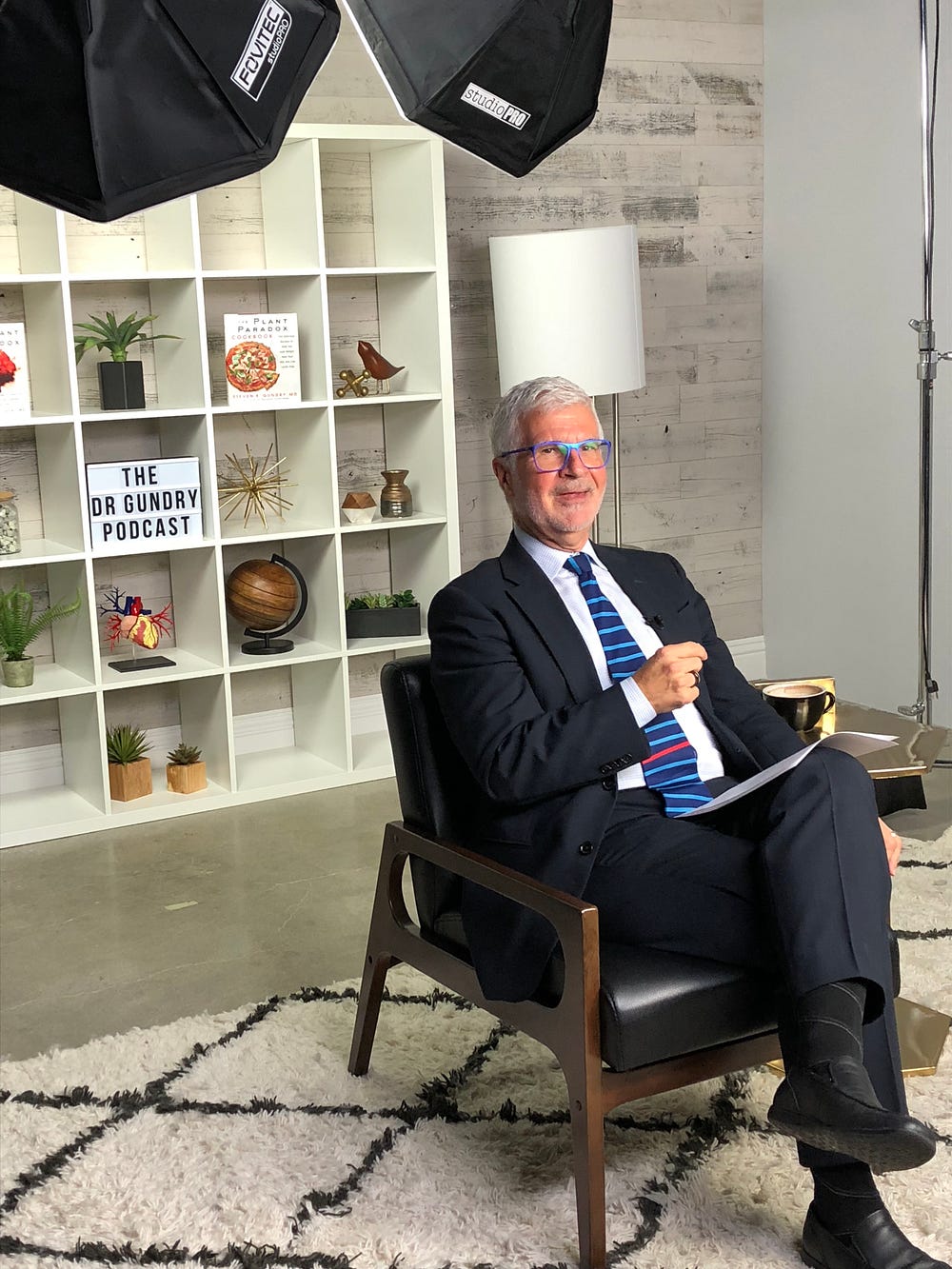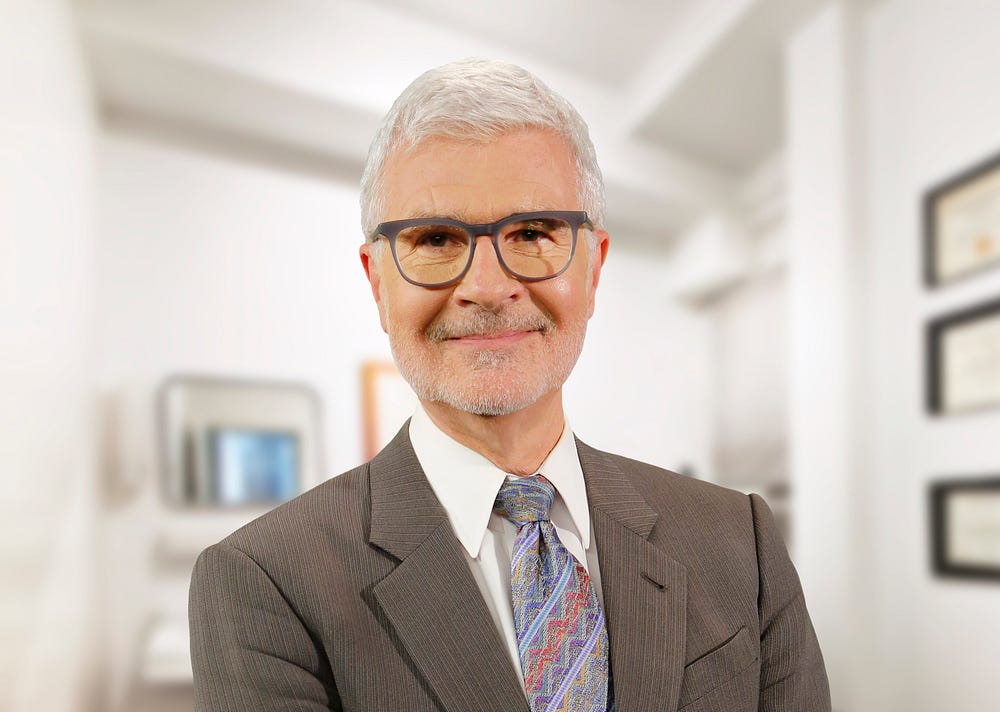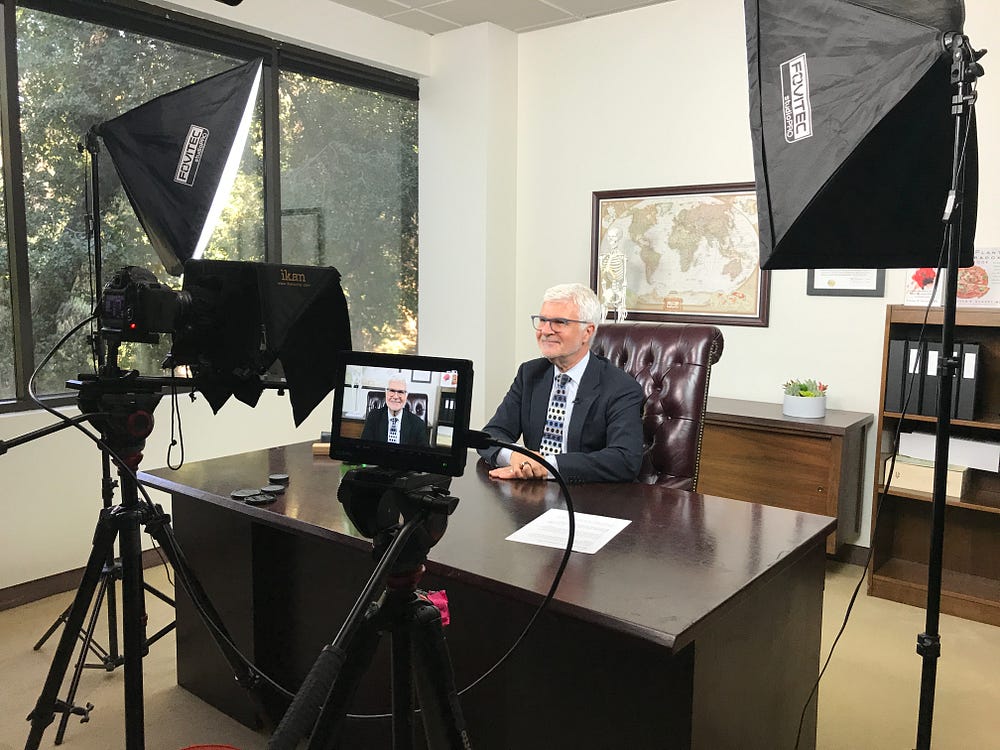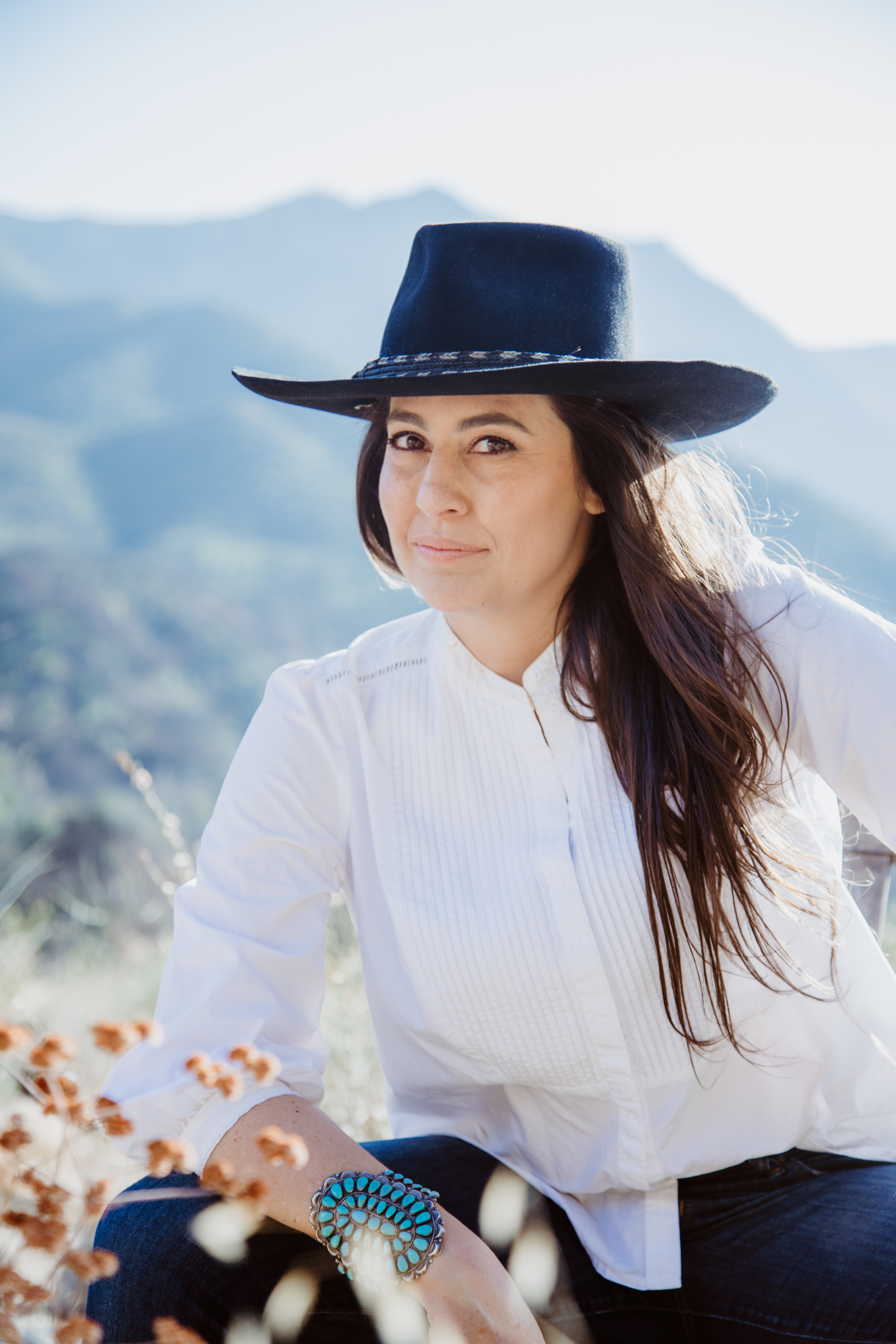As my mentor in Medical School, Dr William Strong taught me: Never wear a white coat; it separates you from a fellow human being. I never have from that day on. You are your patients guide, counselor, and defender, not their ruler and dictator.
I had the pleasure of interviewing Dr. Steven Gundry MD, one of the world’s top heart surgeons and a pioneer in nutrition. He is author of New York Times best sellers The Plant Paradox and The Plant Paradox Cookbook and host of The Dr. Gundry Podcast.
Thank you so much for joining us! Can you tell us a story about what brought you to this specific career path as a doctor or healer?
My career path from being a world famous heart surgeon to a practitioner of Restorative Medicine was the result of seeing the dramatic reversal of severe, inoperable coronary artery disease in a 48 year old obese man by a combination of diet and taking supplements from a health food store for 6 months before coming to see me as Professor and Chairman of Surgery and Pediatrics at Loma Linda University School of Medicine in the late 1990’s. This gentleman, who I call “Big Ed” in all my books made me rediscover my Yale Thesis on Human Evolution where I defended my assertion that the ancient human diet promoted health, while the introduction of agriculture 10,000 years ago steadily, to this day, eroded our health. It was a serendipitous meeting as I was 70 lbs overweight, despite running 30 miles a week, going to the gym everyday, and eating a healthy vegetarian diet, had arthritis, high blood pressure, high cholesterol, and prediabetes and performed infant heart transplants with migraine headaches. This was all normal and genetic, I was assured, because my father had the same problems. I began following the diet I described in my Yale Thesis (my parents had saved my tome) and started taking a lot of supplements. I lost 50 lbs my first year and subsequently another 20 and have kept it off for 20 years. My arthritis resolved, no more high blood pressure, migraines, high cholesterol, and prediabetes. I started putting the patients that I operated upon on the diet and saw the same results. After about a year of this, I realized that I shouldn’t operate on the patients first and then teach them to eat; rather I should teach them to eat and avoid my surgical blade in the first place. So I resigned my position and set up my Institute in Palm Springs nearby where I asked people to eliminate certain foods that were foreign to our diet before 10,000 years ago and to take some supplements that they could find at Costco or Trader Joes and that I would do sophisticated blood work every three months to see what was happening. Thanks to my thousands of patients, clear trends became evident in which foods were problematic and which supplements worked. This research resulted in my first book, “Dr Gundry’s Diet Evolution,” in 2008 and brought people from all over the world to my Clinics in Palm Springs and Santa Barbara. Subsequently, my research into lectins as one of the causative agents in most diseases resulted in my current NYT’s bestsellers “The Plant Paradox” and “The Plant Paradox Cookbook.”

How have your personal challenges informed your career path?
One of the biggest challenges was going from a salaried job as a Heart Surgeon to teaching people how to avoid your services. Not a smart career move with kids in college. Teaching people to eat doesn’t make a lot of money. Nevertheless, most of us go into medicine because of a genuine desire to help people and optimize their health. While I’ve done over 10,000 heart operations and invented operations and devices that are used every day in heart surgery, the joy I receive from watching even one person take back their health just can’t be surpassed, and certainly can’t be measured monetarily.
Can you share five pieces of advice to other doctors/clinicians/healers to help their patients to thrive?
Five pieces of advice to help patients thrive
- Listen to your patient! The patient will tell you what is wrong about 90% of the time. Much of my practice now involves people who have seen 10–20 doctors, many University Clinics and yet get no attention to their complaints.
- Hippocrates said that all disease begins in the gut 2500 years ago. He was right but with an important caveat: all disease ends (is cured) in the gut.
- Hippocrates taught that all creatures had an innate drive for perfect health, a term translated from Greek as “Green Life Force Energy.” He believed that external factors kept this energy from working and that the purpose of a physician was to identify those factors and remove them; the patient would then heal him/herself. Be a detective. He was right again. I get to witness it everyday.
- Make every question from a patient a learning experience. So much of what I know now I learned because I couldn’t answer a patient’s question to my or their satisfaction. As a lifelong academic researcher, I’m lucky enough to know that re-search means just that: look again. Or as Mark Twain so aptly wrote: “it ain’t what you don’t know that gets you into trouble; it’s the thing you know for sure that just ain’t so!”
- As my mentor in Medical School, Dr William Strong taught me: Never wear a white coat; it separates you from a fellow human being. I never have from that day on. You are your patients guide, counselor, and defender, not their ruler and dictator.

Social media and reality TV create a venue for people to share their personal stories. Do you think more transparency about your personal story can help or harm your field of work? Can you explain?
As an Internet celebrity Nutritionist, its wonderful to be sitting in a café in Northern Italy and have a total stranger come up and thank me for me work. But I must say that it certainly keeps me personally walking the walk that I talk. Plus, I actually treat patients 7 days a week (yes Sat and Sunday) and still take Medicare, Insurance and Medicaid.

Can you please give us your favorite “Life Lesson Quote”? Do you have a story about how that was relevant to your life?
When I was hired as an Assistant Professor at the University of Maryland for my first academic job I had already written a large number of research papers. So, on my first day of the job, I asked my Chairman, Joseph McLaughlin, when would I be elevated to Associate Professor (the next rank up)? He put his hand on my shoulder and said; “when you become the best Assistant Professor you can become, then you’ll be ready.” So, be the best at what you do. Probably the best example of that was when I worked the night shift as a scrub nurse in an inner city hospital in Atlanta. There was a male housekeeper whose job was to mop the floors in the OR all night. He was constantly humming and chewing on an unlit cigar, smiling broadly. One night during a calm period I mentioned that he was always so happy. He replied that he had the best job in the world because he knew that to do the important operations that the Doctors and Nurses and Techs were doing that we had to see good and that required good lighting. By keeping the floors polished, that improved our ability to help patients, so it was true, he was absolutely an essential part of the team, no better and certainly no worse than any other team member.
You are a person of great influence. If you could inspire a movement that would bring the most amount of good to the most amount of people, what would that be? You never know what your idea can trigger. 🙂
I view my job to have people take back control of their health and happiness; to get out of the shackles that Big Food, Big Pharma, Big Agriculture, and Big Chem have placed on all of us. Health will never come from the government; it is an individual movement; everyone knows that something is wrong, but just don’t know what to do. If I can help in some small way to lead in another direction, toward what Hippocrates saw was possible, then count on me to be there! And come join me; we are a movement and together we cannot be stopped.
How can our readers follow you on social media?

